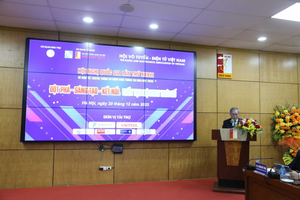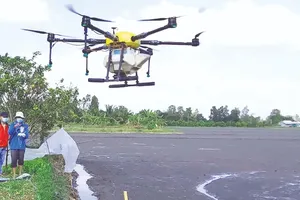
The National Cyber Security Association (NCA) today released its 2024 cybersecurity summary report focused on individual users. This report is based on an online survey conducted from November 28 to December 14, with over 59,000 participants.
The National Cybersecurity Agency (NCA) predicted that online fraud will persist as a significant issue, leading to severe repercussions for hundreds of thousands of Vietnamese users in 2024. The likelihood of an individual becoming a victim of online fraud is approximately 1 in 220, translating to a rate of 0.45 percent. The financial impact of online fraud is projected to reach VND18,900 billion in 2024. While the number of fraud victims is substantial, the proportion of those who manage to recover their lost funds remains minimal.
Although 88.98 percent of users reported that they promptly alerted and discussed the incident with family and friends, only 45.69 percent of those surveyed indicated that they reported the fraud to the authorities, reflecting a relatively low reporting rate.
The NCA report highlights the increasing sophistication and variety of scams targeting users. In 2024, the three most prevalent forms of attack include enticing users into fraudulent investment schemes with promises of high returns; impersonating government agencies and organizations; and issuing fake notifications about prize winnings or major promotions.
Survey results reveal that 70.72 percent of users have encountered invitations to invest in financial platforms of dubious origin, often guaranteed to be risk-free and highly profitable.
Additionally, 62.08 percent reported receiving calls from individuals impersonating entities such as the police, courts, tax authorities, or banks, urging them to install software or transfer funds under the guise of proving their innocence in alleged legal violations. Meanwhile, 60.01 percent of respondents noted receiving vague and suspicious messages about winning prizes or exclusive promotions.
In addition to employing sophisticated schemes, scammers increasingly make the most of advanced technologies to deceive their victims. These include Deepfake artificial intelligence to generate convincing fake videos and voices that build trust, automated tools like chatbots to maintain continuous communication with targets, and specialized softwares for making mass telecommunication calls. The use of such high-tech methods makes it challenging for many victims to differentiate between genuine and fake content, leaving them more vulnerable to deception.
























